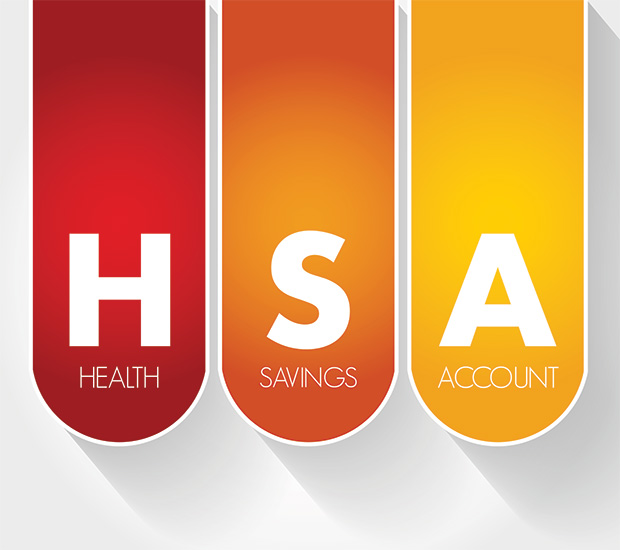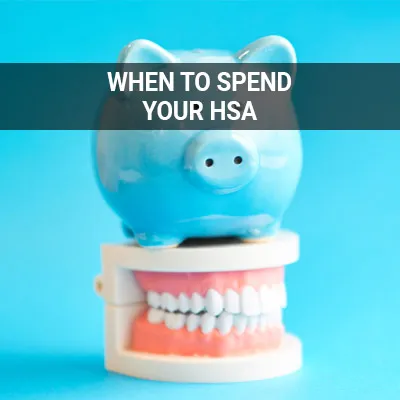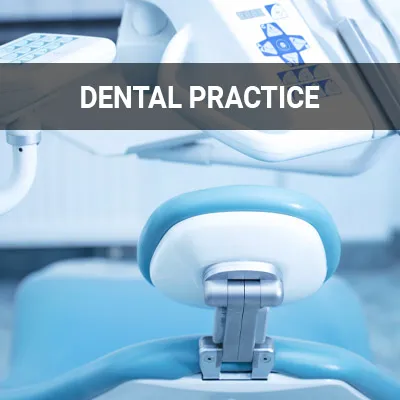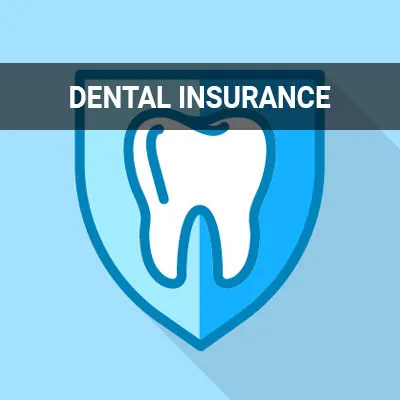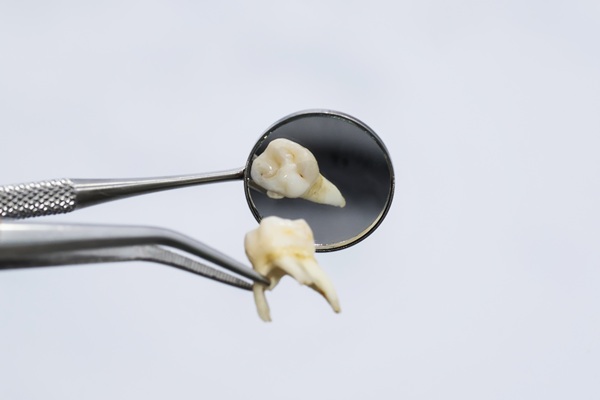Health Care Savings Account Brooklyn, NY
A health care savings account, or HSA, is a type of savings account that allows you to put away money for qualified medical expenses on a pre-tax basis. Since HSA funds are untaxed, you may often be able to lower your overall healthcare costs. HSAs are popularly used to pay for coinsurance, copayments, deductibles, and other expenses. However, they usually cannot be used to pay premiums.
We accept HSAs at Nostrand Dental in Brooklyn and the surrounding area. Call us today at (718) 513-9685 to schedule an appointment or learn more about our services.
Understanding Health Care Savings Accounts
A health savings account (HSA) is a savings account that lets people set aside money on a pre-tax basis to pay for qualified medical expenses. An HSA is complementary to a health care plan that has a high deductible. People can save money in an HSA before taxes and use the funds to pay for eligible health care expenses, including expenses the health plan does not cover. For example, people can use their HSA savings to cover health care costs until reaching the plan's deductible.
People can use their HSA funds to pay the copayment until reaching the out-of-pocket limit. Taxes do not apply to the money put into an HSA. Patients can invest a portion of the money in an HSA if maintaining a balance of $1,000 or more. For this reason, many people use part of their HSA to save for retirement.
“A health savings account (HSA) is a savings account that lets people set aside money on a pre-tax basis to pay for qualified medical expenses.”
HSA Pros and Cons
HSAs offer several benefits. People can withdraw money to pay for procedures, deductibles, copayments, or other medical expenses. Any money left in the account at the end of the year will roll over into the next year. Even if a person's health care coverage changes due to a change in jobs, as long as they continue with a high-deductible plan, funds in the account continue to grow, tax-free. If a person changes jobs, they can enroll in a new healthcare plan and maintain access to their existing HSA, even if the new healthcare plan does not qualify. Additionally, most people can use a debit card or checks to access their funds easily.
HSAs also have some disadvantages that people should consider. One of the biggest downsides to an HSA involves the requirement to have a health insurance plan with a high deductible. Although this coverage offers lower premiums, high deductibles often become hard to come up with if facing a significant medical issue. With increasing costs of health care premiums and deductibles, it may be challenging to add more money to one's health savings account. Some people with high deductibles hesitate to see the doctor to seek treatment due to the high costs. They may feel as if they must keep the money in their HSA to save for retirement — thus putting off important medical care.
“If a person changes jobs, they can enroll in a new healthcare plan and maintain access to their existing HSA, even if the new healthcare plan does not qualify.”
Tax Advantages of an HSA
Enrollees do not have to pay taxes on any money put into or taken out of an HSA, giving them several tax benefits. Moreover, if the HSA is offered through an employer, the enrollee can potentially save more taxes on their paycheck by making pre-tax payroll contributions.
They may also earn tax-free interest on their HSA funds, and, unlike FSA funds, HSA funds do not expire. Instead, they roll over on an annual basis. Furthermore, all HSA funds are available for penalty-free use once the enrollee turns 65 years of age.
“Enrollees do not have to pay taxes on any money put into or taken out of an HSA, giving them several tax benefits.”
Check out what others are saying about our dental services on Yelp: Health Care Savings Account in Brooklyn, NY
HSAs and Dental Services
While HSAs do not typically cover cosmetic dental services, they do cover routine procedures, such as checkups and cleanings. HSAs also tend to cover any dental procedures deemed medically necessary, including various preventative and diagnostic procedures. Common examples include bonding, crowns, dentures, extractions, fillings, and root canals.
However, patients may need to pay a copay, even with an HSA on their side. As such, it is best practice for enrollees to contact their employer and insurer with any questions or concerns they may have about their plan.
“While HSAs do not typically cover cosmetic dental services, they do cover routine procedures, such as checkups and cleanings.”
Questions Answered on This Page
Q. What is a health savings account?
Q. What are the pros and cons of an HSA?
Q. What are some of the tax advantages of an HSA?
Q. Do HSAs cover dental services?
Q. What treatments are covered by an HSA?
People Also Ask
Q. Is dental insurance worth it?
Q. Why is preventative care important? How can it save you money?
Q. When is the right time to open an HSA?
Treatments Covered By an HSA
An HSA will typically cover any medical expenses an enrollee pays for themselves, their spouse, or their dependent(s). The IRS defines medical expenses as "the costs of diagnosis, cure, mitigation, treatment, or prevention of disease." Enrollees can usually only include the medical and dental expenses they paid in a plan year and not any future payments.
In general, enrollees can use Schedule A (Form 1040) to deduct the amount of medical and dental expenses that exceed 7.5% of their adjusted gross income (AGI). Enrollees commonly use their HSA funds on annual physical examinations, dental treatment, diagnostic devices, disabled dependent care expenses, and more.
“An HSA will typically cover any medical expenses an enrollee pays for themselves, their spouse, or their dependent(s).”
Frequently Asked Questions
Q. Can I use my HSA funds on non-medical-related expenses?
A. Yes. However, using your HSA funds on non-eligible expenses will require you to be taxed on said expenses, as the initial contributions went tax-free. You may also face a 20% tax penalty if you are under the age of 65.
Q. Can I have more than one HSA?
A. Yes. Though you cannot have an HSA in conjunction with an FSA or HRA, you can open as many HSA accounts as you want. However, annual IRS contribution limits may still apply.
Q. What is the monthly or annual fee for an HSA?
A. The monthly fee for an HSA tends to be less than $5 a month, or around $30 a year. However, many HSAs do not require monthly payments, and others may waive or reduce these fees if enrollees maintain a minimum balance.
Q. What is the difference between an FSA and an HSA?
A. FSA funds are available on a "use-it-or-lose-it" basis, while HSA funds carry over from year to year. HSA funds are also entirely in the enrollee's control, meaning they stay with the enrollee even when they change jobs or move to a different state.
Q. What happens to my HSA when I change health insurance policies?
A. Since your HSA funds are entirely yours, your HSA will remain unchanged even if you change your health insurance plan. However, you will only be eligible to make future contributions to your HSA if you choose a qualifying plan.
Dental Terminology
Call Us Today
HSA can help you lower the costs of dental treatment. Our team at Nostrand Dental can help. Call us today at 718-513-9685 to learn more about our services or schedule an appointment.
Helpful Related Links
- American Dental Association (ADA). Glossary of Dental Clinical Terms. 2024
- American Academy of Cosmetic Dentistry® (AACD). Home Page. 2024
- WebMD. WebMD’s Oral Care Guide. 2024
About our business, license, and website security
- Nostrand Dental was established in 1998.
- We accept the following payment methods: Cash, CareCredit, Check, Discover, MasterCard, and Visa
- We serve patients from the following counties: Kings County, New York County, Richmond County, Queens County, and Nassau County
- We serve patients from the following cities: Brooklyn, Manhattan, Queens, Staten Island, and Long Island
- NY (License #46702). View License Information and Specifics
- National Provider Identifier Database (1457434540). View NPI Registry Information
- Norton Safe Web. View Details
- Trend Micro Site Safety Center. View Details
Back to top of Health Care Savings Account
